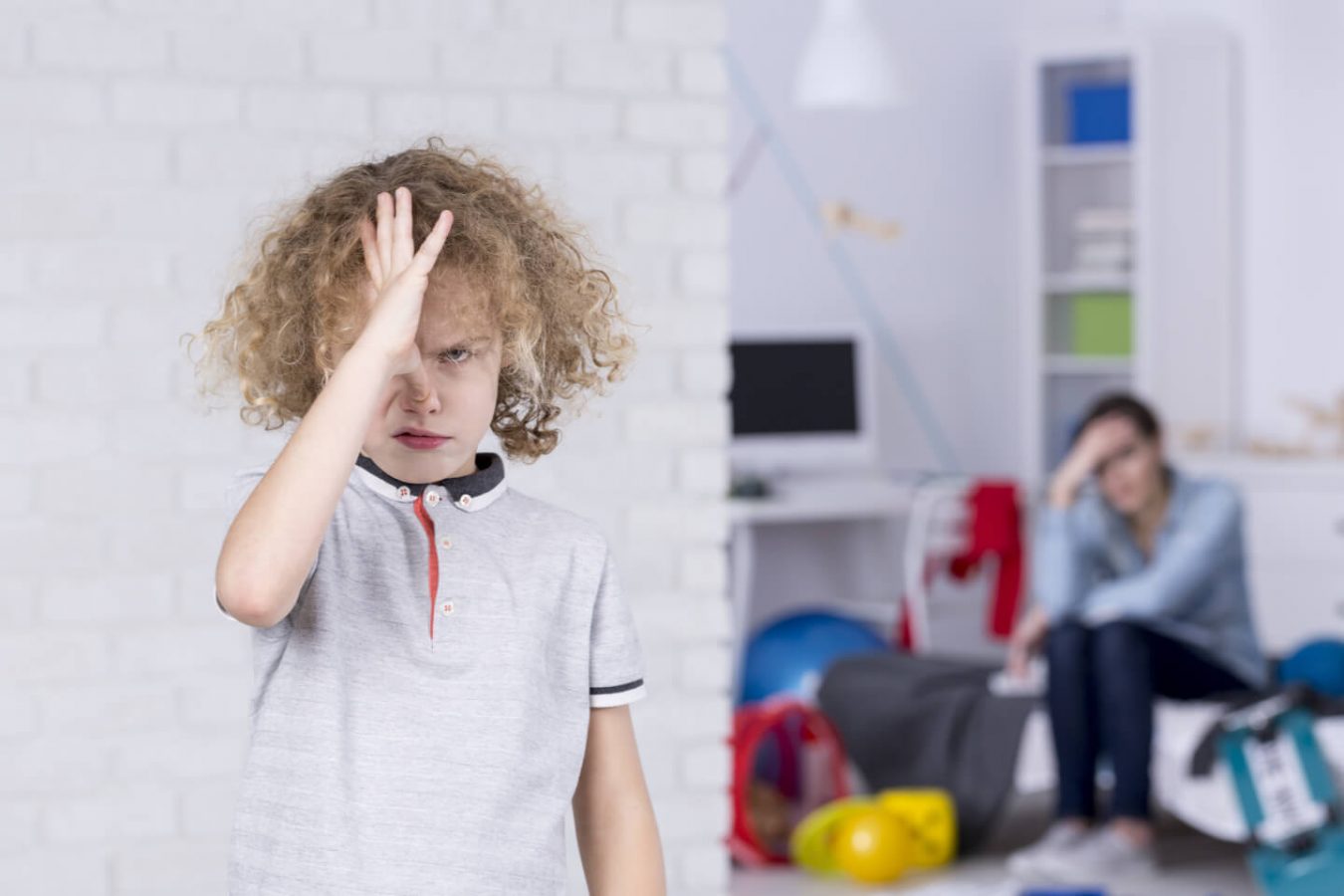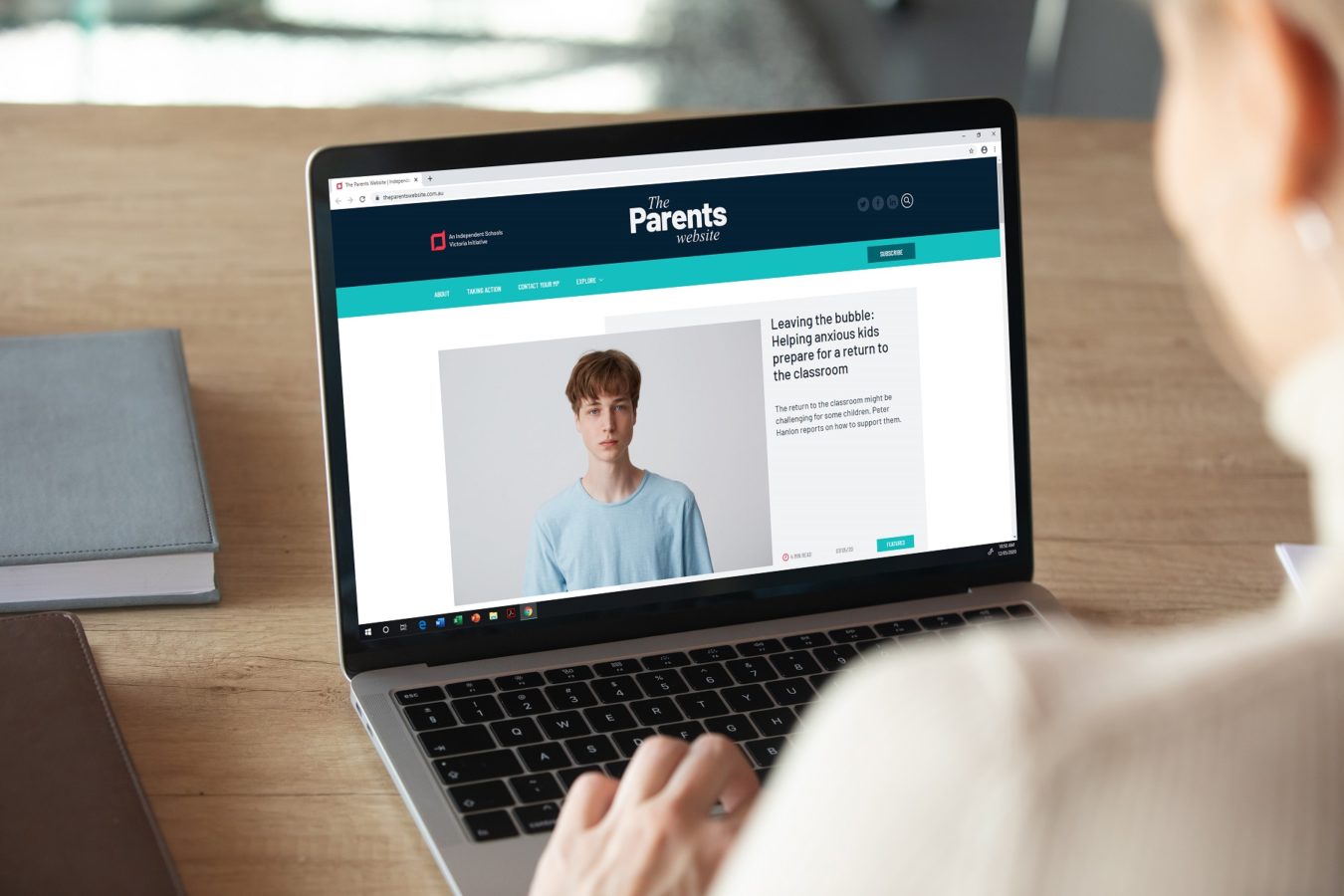
Our selection of thought-provoking and useful articles from around the web on educating and raising children.
Why children make the best teachers
(Robert Twigger, The Guardian)
We might think that it is the role of the parent to teach their child, but have you considered reversing the roles? The author was writing a book on polymathy and nurturing multi-talentedness to improve happiness and wellbeing. He identified what he called ‘micromasteries’ – and one for him was being able to create ‘passable’ illustrations. So he turned to his artist daughter. Her teaching was a revelation.
Morning walks with my son
(Etgar Keret, The New York Times)
When his son Lev started at a new school in Tel Aviv, the author encouraged walking rather than car, bike or bus. The walks soon developed into a ritual of father-son togetherness: expansive conversation, imagining, buying soft pretzels from the bald guy’s grocery store. For the author, those walks became ‘almost the only ritual in my life, a kind of slow, pleasant awakening in an equally sleepy universe’. Then one evening, his son declared that he was old enough to walk to school by himself.
Students reclaim the lost art of handwriting
(Timna Jacks, The Sunday Age)
Paul Stewart, the Head of Middle School English at Brighton Grammar School, noticed a worrying change in student essays. It wasn’t the content, but the handwriting. In the digital age, he believed his Year 7 and 8 students’ handwriting has slowed, was messier and was causing them anxiety under exam conditions. His remedy was setting aside 10 minutes in every English class to focus on handwriting.
We know innovation is key – but there’s little agreement on exactly what it is
(Giselle Rampersad, The Conversation)
We want the best education for our children, writes the author, and we want them to have the innovation skills needed for the jobs of tomorrow. The problem is we don’t agree on what innovation really means. Her research show that employers and students have varying perceptions of innovation, which affects the employability of young people transitioning into the future workforce. How do we reconcile the differences?
Like this post? Please share using the buttons on this page.


